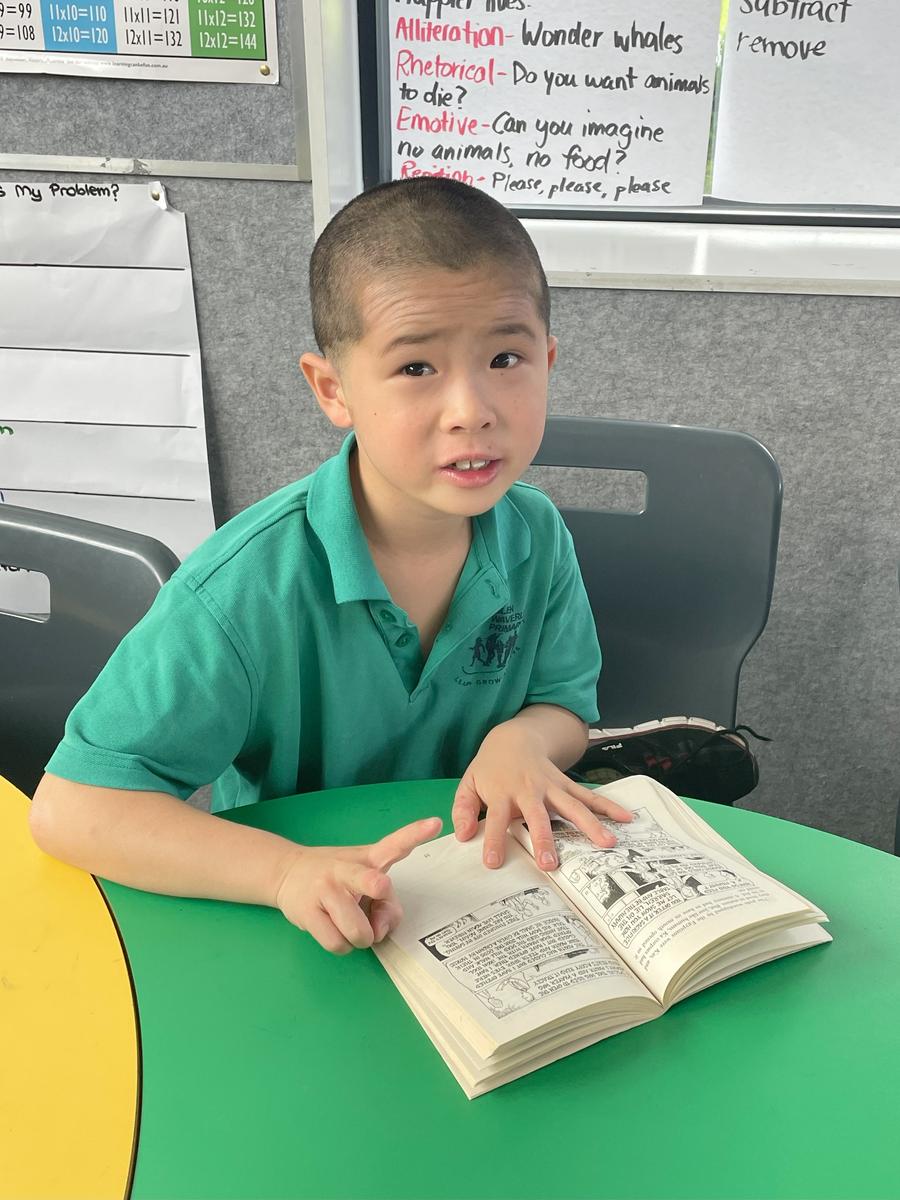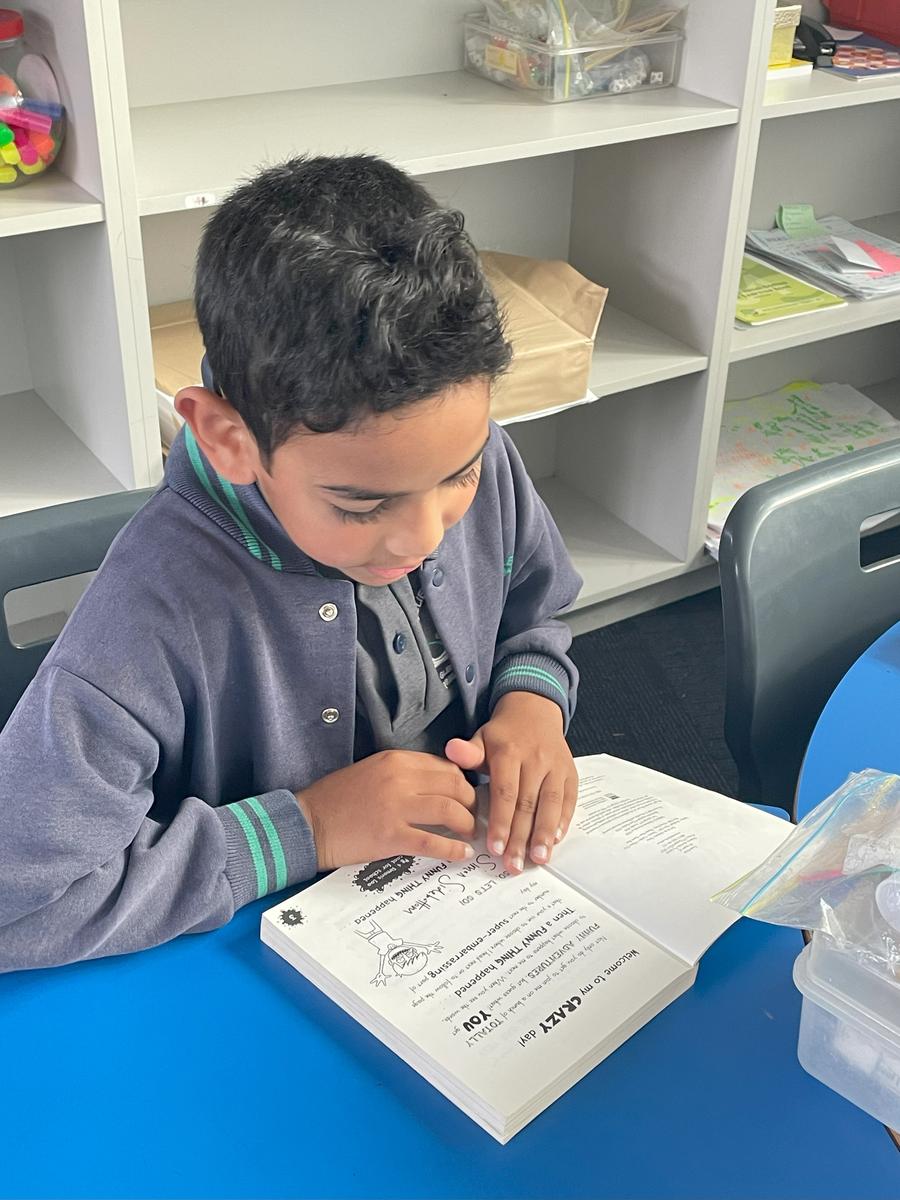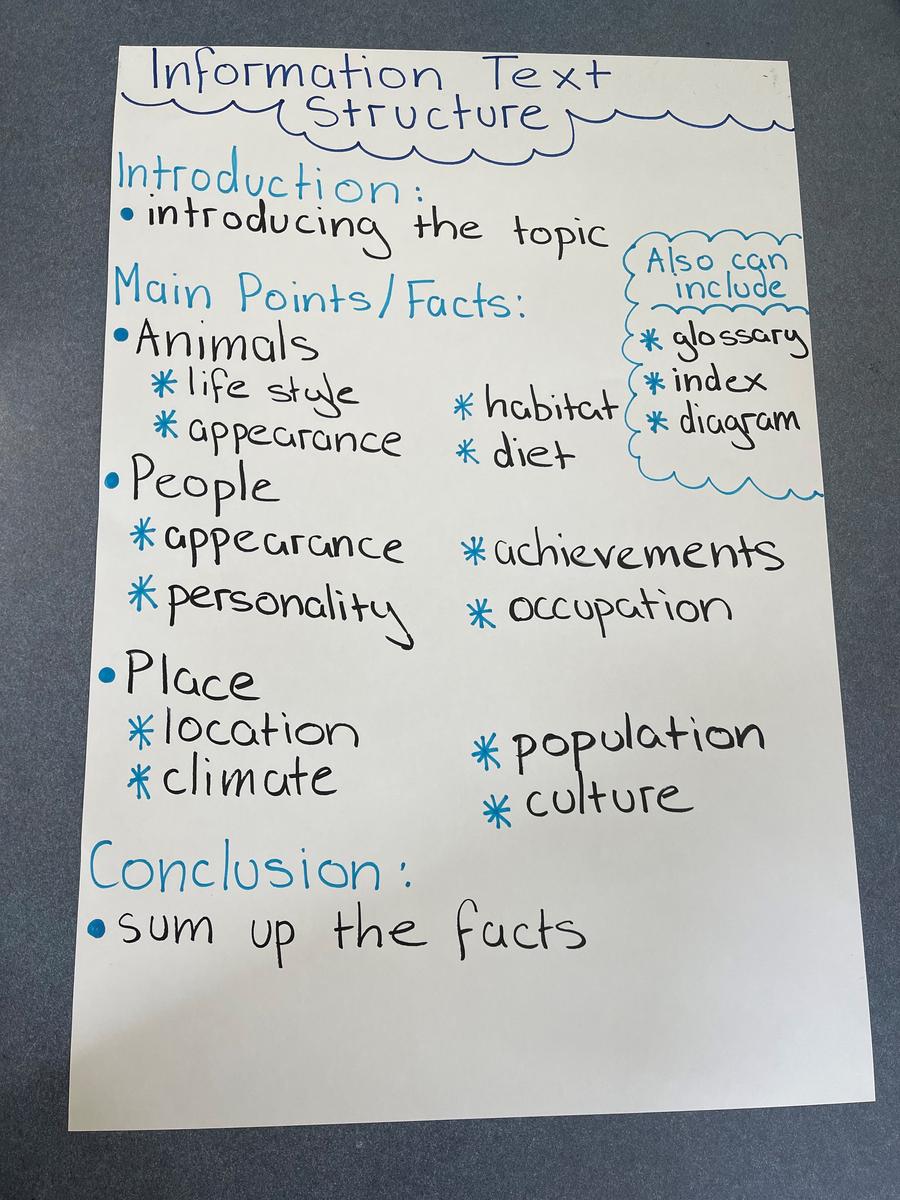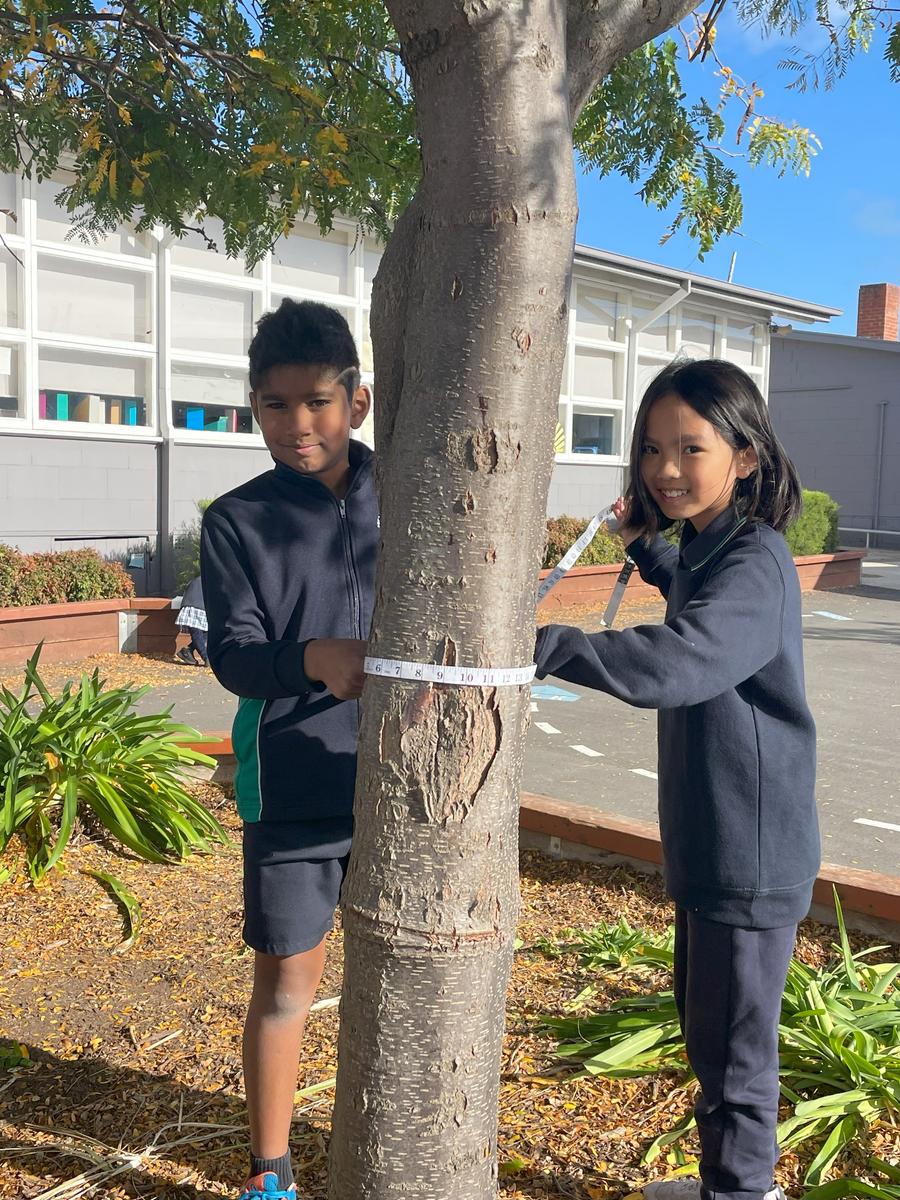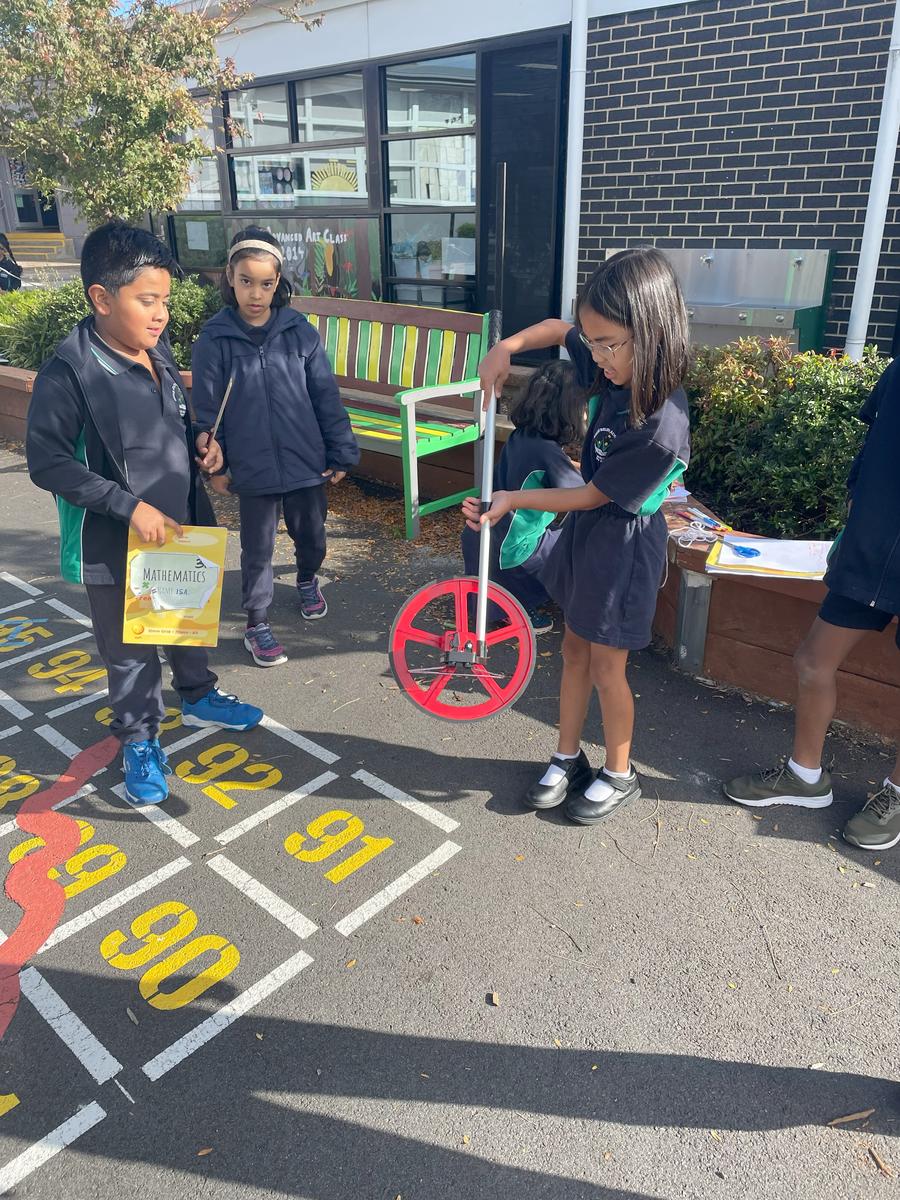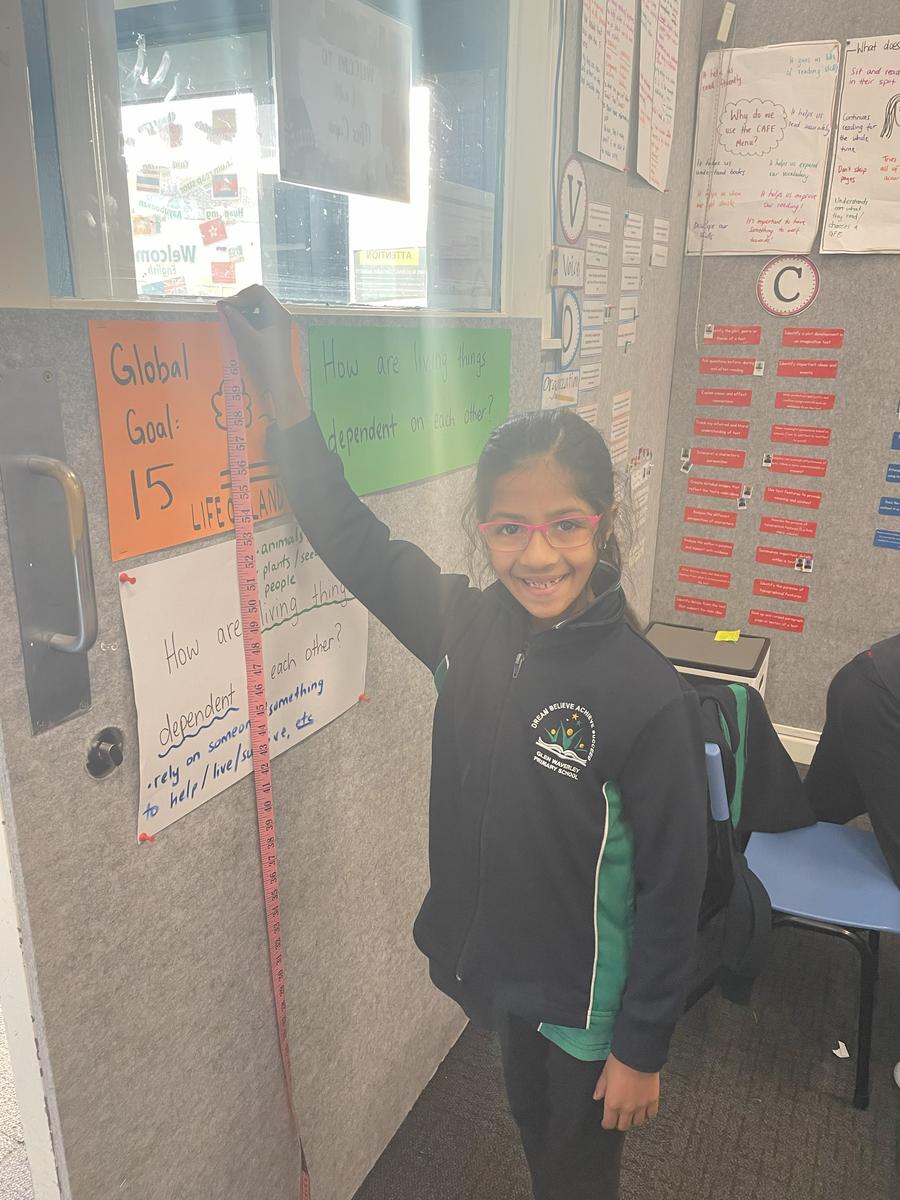Welcome to Term 2
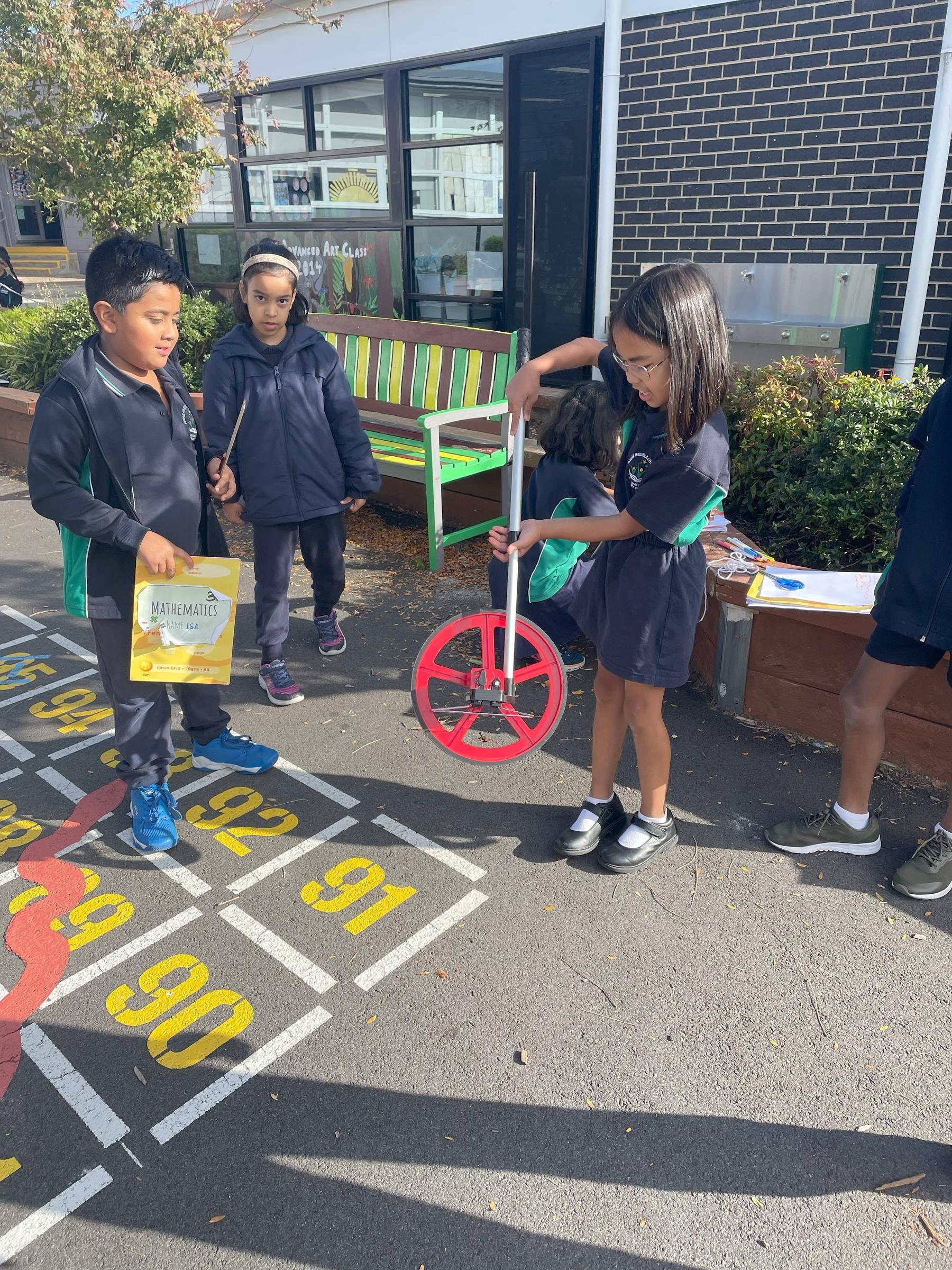
Dear Level 3 families,
Welcome back to another fantastic term of learning at Glen Waverley Primary School. Term One brought many highlights for Level Three such as creating connected learning communities and getting to know our new class members and teachers. Students participated in our school swimming program and sat their very first NAPLAN assessments! During Cultural Diversity Week, they shared their wonderful ‘Past, Present and Future’ windows with each other which supported the development of connections throughout the school.
In Term Two, our students will participate in an excursion to the Melbourne Museum where they will make connections to both our Term One and Two Inquiry Questions to further deepen their understanding of these topics. Towards the end of the term, we will be conducting Student Led Conferences which will give your children the opportunity to share their learning and progress with you! You will also receive their first report for the year which will communicate their social and academic successes with you.
We are all looking forward to a very productive, rigorous and interesting term of learning. If you have any queries or concerns you would like to discuss with your child's teacher, please don’t hesitate to organise a meeting or send them an email. A very big thankyou to our parent community for all your help so far!
Important dates
- Melbourne Museum Excursion - May 11th
- Education Week - Monday 29th May to Friday 2nd June.
- Simultaneous Story Time – Wednesday 24th May
- Public Holiday – June 12th
- Student Led Conferences – Tuesday June 13th & Wednesday June 21st
- Report Distribution – June 23rd
- Final day of Term 2 – June 23rd 2:30pm Dismissal.
Reading
In Reading and Viewing in Term Two, students will continue to analyse persuasive and informative texts, as well as a variety of vocabulary that impacts the audience. They will also be learning about information reports, specifically their structure, text features and language used. It is important to remember that children in the modern world access texts in a range of different ways. Often, a Reading and Viewing lesson could include different texts through the use of digital or non-digital resources.
Speaking and Listening
Every opportunity will be given for students to further develop their speaking and listening skills. This will be done through presentations of learning, group discussions, class discussions and circle time. Active listening will be expected with the audience encouraged to question the presenter following their sharing. Students will develop their confidence when presenting to an audience, speaking clearly, and using an appropriate tone to match their setting. Displaying respect for others’ thoughts and taking turns to speak, continues to be paramount to any speaking and listening learning tasks implemented in the classroom.
Writing/Spelling
During Term Two, students will continue to learn how to write an effective persuasive piece and information Reports using examples and evidence to back up their opinions. Throughout the term, they will experience the entire writing process of brainstorming, planning, drafting, editing/revising, and publishing. We will emphasise the importance of re-reading their own writing and editing/revising for meaning, clarity and better use of vocabulary. Students will continue to set Personalised writing goals and reflection on their progress towards achieving their goals though regular writing conferences with their teacher to ensure every writer’s need are catered for.
Throughout Term Two, students will continue to develop their spelling knowledge by investigating a range of spelling patterns/generalisations as our weekly spelling focus. Personalised spelling inquiries and personalised spelling words will continue to be a part of our spelling lessons to expand students’ vocabulary. Students will learn to spell words they misspelt in their writing, in addition to our weekly spelling focus. They will be encouraged to apply their spelling knowledge in their speaking and writing.
To support your child at home, you may find the following tasks helpful:
- Read a variety of books (fiction/non-fiction) with your child each night. Ask them questions to check their understanding. Eg: Who are the characters? What is the main idea of the text? Is it fiction or non-fiction? How do you know?
- Encourage students to create plans for their writing using inspiration from their environment.
- Help your child with practicing their spelling words. Look, Say, Name, Cover, Write and Check.
Key Vocabulary to support your child’s success in Literacy:
Justify
Fact
Opinion
Subjective
Objective
Mathematics
In Term Two, the Level Three students will continue to extend their understanding of the four proficiencies of Mathematics: Problem Solving, Understanding, Reasoning and Fluency and how to apply these strategies within their learning. Students will begin the term by learning about Length, Perimeter Area. They will measure, order and compare objects using familiar metric units of measurement as well as using informal units of measurement such as LEGO bricks, Unifix and hands. From there, they will learn a range of multiplication and division strategies, and the connections between all four operations. The students will also be completing a unit on Time, where they will deepen their understanding of telling time to the minute and applying knowledge of AM and PM notations.
To support your child at home, you may find the following tasks helpful:
- Compare sizes of objects using shorter, longer, bigger, smaller
- Use LEGO bricks for informal measurement.
- Create a routine/schedule for your child’s day and allocate a time to each step.
- Eg 8:00am Wake up and get dressed.
- Ask your child what their current SURF goal is. What have been their successes and challenges? What is their ‘next step’?
Key Vocabulary to support your child’s success in Mathematics:
Formal units
Informal units
Shared
Divide
Decompose
Inquiry
In Term Two, the Level 3 students will investigate into our Inquiry question of, ‘How are living things dependent on each other?’ Students will build upon their prior knowledge of Biological Science whilst weaving Sustainability throughout the term with a sequence of learning and explorations. Within this unit, the students will be investigating different aspects of sustainability from how Indigenous cultures value the land, to the impacts and effects of what being unsustainable can cause to our world. Students will be diving deeper into the importance of gum trees, the impacts and reasons for deforestation and explore how they can positively contribute to a sustainable future! Through their transfer, students will take action by making sustainable decisions. By the end of the unit, students will have a clear understanding of how living things are dependent on each other, and how everything within our world is connected.
To support your child at home, you might find the following tasks helpful:
- Discuss the lifecycle of living things in your local environment e.g.: How a caterpillar turns onto a butterfly.
- As a family, where possible, recycle and reuse items. You might even like to start a compost!
- When going on a family walk, look out for animal habitats and how animals are interacting with their surroundings (trees, plants, etc.)
Key Vocabulary to support your child’s success in Inquiry:
Living
Dependent
Sustainability
Habitat
Impact
YCDI
In Term Two, the level three students continue to utilise the YCDI Keys to Success to learn a variety of Social and Emotional skills, as well as deepen their understanding of the school’s values of Respect, Integrity, Global Empathy and initiative. Throughout Term 1, the level 3 teachers gathered the students’ perspectives on areas of their social and emotional skills they would like to further develop. YCDI sessions will target these areas through the use of interactive, hands on and collaborative tasks that cater to the needs of the level 3 students. Our focus for Term 2 will be on conflict resolution and using their Growth Mindset to create strategies they can use when faced with challenging social situations.
To support your child at home, you may find the following tasks helpful:
- Ask your child when and where they have used the 5 Keys to Success today. (Persistence, Getting Along, Organisation, Confidence, Resilience)
- Encourage your child to use positive self-talk to help solve a problem at home. Eg “I can give it my best try” and “I will jump into the learning pit”
- As a family, brainstorm strategies you can use when faced with a challenge. Create a poster that can be stuck to the fridge.
Key Vocabulary to support your child’s success in YCDI:
Growth Mindset
Resolution
Collaborative
Social
Emotional

